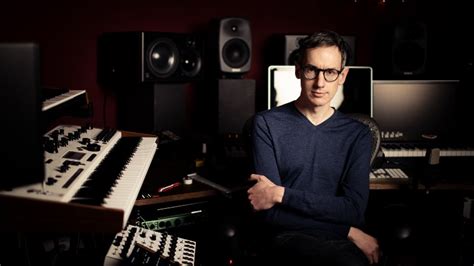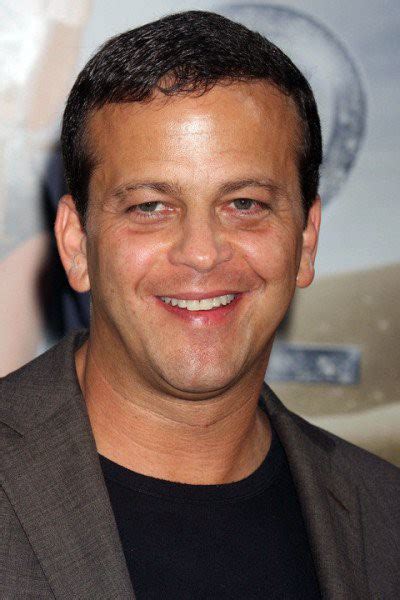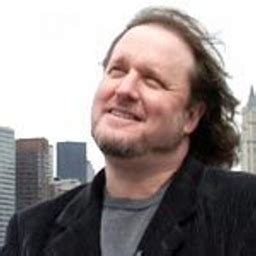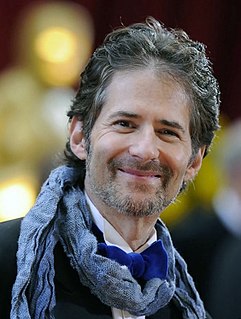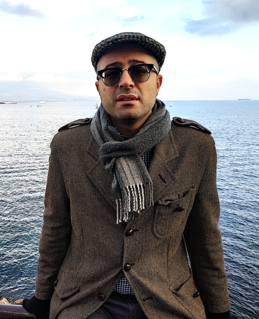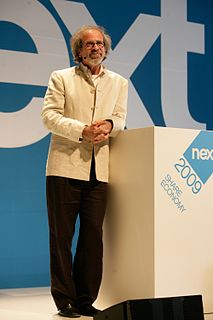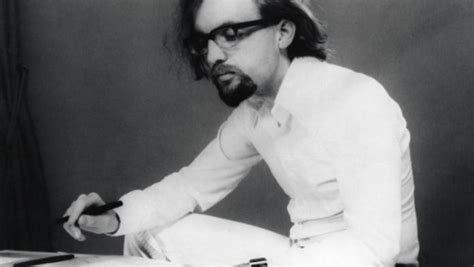A Quote by Milos Forman
Communists love to make films about composers because composers compose music and don't talk subversive things.
Related Quotes
Composers are influenced by all the important music in their lives - and I suppose that since radio started playing popular music, that's as likely to be The Beatles or Aphex Twin as it is to be Verdi or Ravel. They'd be strange teenagers if they didn't. But cross-pollinating happens too - Aphex Twin did more interesting things with electronic music than most trained composers, who seemed to approach samplers with undue caution and reverence in those early days.
I think, you know, for someone who does play, let's say, old music or, you know, Baroque music or Renaissance music - and you know, and I do play a lot of that, obviously - engaging with new composers, engaging with young composers, is really exciting because it makes me look at people of the past in a very different way that they are also living, that there was a lot of subjectivity in the decisions that they were making.
A whole generation of veteran composers has never taken a stand or provided an example and has produced in the music academies generations of docile workers for the music industry. What can you expect from downtrodden workers who see music as a type of profession, like stenography, and not an act of creation that by its nature is subversive?

